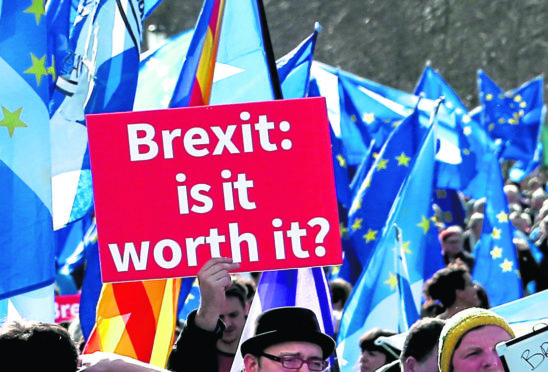Where to start? Heading into Monday all the talk in Westminster was on whether Theresa May could do enough to persuade her Brexiteer colleagues and the Democratic Unionists to back her deal in a third and final vote.
The plan was to hold the vote on Wednesday and then, subject to approval, head to a European Council summit on Thursday to seek a “short technical extension” to Article 50 in order to pass the necessary legislation to leave.
Enter, John Bercow. The maverick Commons Speaker, in an unexpected twist, told ministers that he would not allow another vote on Mrs May’s deal without “substantial changes”. He later clarified, in answer to a question from Labour MP Hilary Benn, that those changes would have to be something like an alteration to the withdrawal agreement or political declaration – which the EU and government have categorically ruled out.
The ruling blindsided Downing Street and threw an already floundering Brexit strategy into utter chaos.
But, there are a couple of high stakes options still left open to the government. The Withdrawal Agreement Bill could be introduced with a clause overriding the provisions of the EU Withdrawal Act requiring a meaningful vote. Lose that vote and it would truly be bust for the deal.
Another option, which has already been mooted by Solicitor General Robert Buckland, would be to end the current parliamentary session by asking the Queen to prorogue Parliament. This would start a new session with a fresh slate and the government would be able to ask MPs to vote on Mrs May’s deal once more. The move would be hugely controversial and would also mean all other legislation currently going through Parliament would be lost.
It would be unwise to speculate on where next, as there are so many variables, but what we do know is that Mrs May will almost certainly request an extension to Article 50 on Thursday. As was set out last week, without a deal, any extension signed off by the EU is likely to be a long one – kicking Brexit even further down the road.
